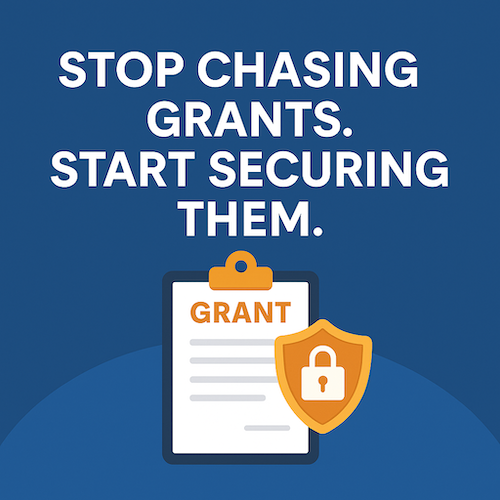
Buenos Aires, Argentina – In a significant move to enhance the well-being of Argentina's youth, the United Nations Children's Fund (UNICEF) has launched a nationwide call for proposals from qualified organizations to develop and implement a comprehensive online training program focused on adolescent health. The initiative aims to empower primary healthcare teams across the country with the specialized knowledge and skills necessary to effectively address the unique health needs of teenagers.
Recognizing the critical role of frontline healthcare workers in promoting adolescent health, UNICEF has identified a pressing need to expand and deepen existing training curricula. The program will target multidisciplinary teams, including professionals in social work, obstetrics and gynecology, nursing, and general medicine, equipping them to provide holistic and age-appropriate care. These professionals are often the first point of contact for adolescents seeking health services and play a vital role in health promotion, disease prevention, and early intervention.
The envisioned online training program, titled "+Adolescence in Health," will be structured into five distinct modules, covering a range of essential topics within adolescent health. These modules are expected to delve into crucial areas such as general health concerns specific to this age group, and critically, sexual and reproductive health, a domain often requiring sensitive and specialized knowledge. The curriculum will likely incorporate the latest evidence-based practices and address the specific socio-cultural context of Argentina.
The selected implementing partner will be entrusted with a multifaceted set of responsibilities. This includes the complete development and delivery of the five online modules, ensuring engaging and effective learning experiences for participants. A key aspect will be the recruitment and management of qualified tutors who will be responsible for guiding participants through the course, managing registrations, and monitoring their learning progress.
The project will also involve close collaboration with the Ministries of Health in four key provinces: Chaco, Santa Fe, Entre Ríos, and Misiones. These partnerships will be crucial for the selection of the third cohort of healthcare professionals who will participate in the training program. This targeted approach will allow UNICEF to address regional disparities in healthcare access and expertise. Furthermore, the selected organization will work in conjunction with MUNA-UNICEF (likely a local branch or partner organization) to ensure the program's alignment with national health priorities and existing initiatives.
To ensure seamless access and participation, the implementing partner will be responsible for developing clear and user-friendly registration and enrollment procedures. They will also be tasked with the technical aspects of uploading all educational materials, including interactive content, resources, and assessment tools, onto a robust and accessible online learning platform.
The quality and relevance of the training will be further enhanced through the selection of expert instructors. The implementing partner will work in consultation with UNICEF to identify and engage qualified professionals to deliver five live online lectures. These interactive sessions will provide opportunities for participants to engage directly with experts, ask questions, and deepen their understanding of key concepts.
Crucially, the program will incorporate mechanisms for evaluating participant learning and the overall effectiveness of the training. The selected organization will be responsible for designing and implementing appropriate assessment methods to gauge knowledge acquisition and skill development. Following the completion of the training, a comprehensive final report will be required, detailing the course implementation process, evaluation findings, and key performance indicators to measure the program's impact.
To ensure the long-term value and recognition of the training, the implementing partner will also be responsible for facilitating the issuance of university certifications to successful participants. This accreditation will add credibility to the training and incentivize participation among healthcare professionals seeking to enhance their professional development.
While the initial phase of participant selection focuses on the provinces of Chaco, Santa Fe, Entre Ríos, and Misiones, the overarching goal of UNICEF is to benefit primary healthcare professionals across Argentina, including those in Córdoba Province specifically mentioned in the original article. By leveraging the scalability and accessibility of online education, UNICEF aims to reach a wider audience of healthcare providers, breaking down geographical barriers and time constraints that often hinder traditional in-person training programs.
This initiative underscores UNICEF's commitment to strengthening healthcare systems and improving health outcomes for adolescents in Argentina. By investing in the capacity building of primary healthcare teams, UNICEF aims to ensure that young people receive the quality care and support they need to thrive. The call for proposals represents a significant opportunity for experienced organizations with expertise in online education and healthcare capacity building to contribute to this vital mission. Interested institutions and organizations are strongly encouraged to seek further information and application details through the official UNICEF Argentina channels and actively participate in this impactful endeavor. The success of this program has the potential to significantly improve the health and well-being of Argentina's adolescent population for years to come.
[Copyright (c) Global Economic Times. All Rights Reserved.]






























